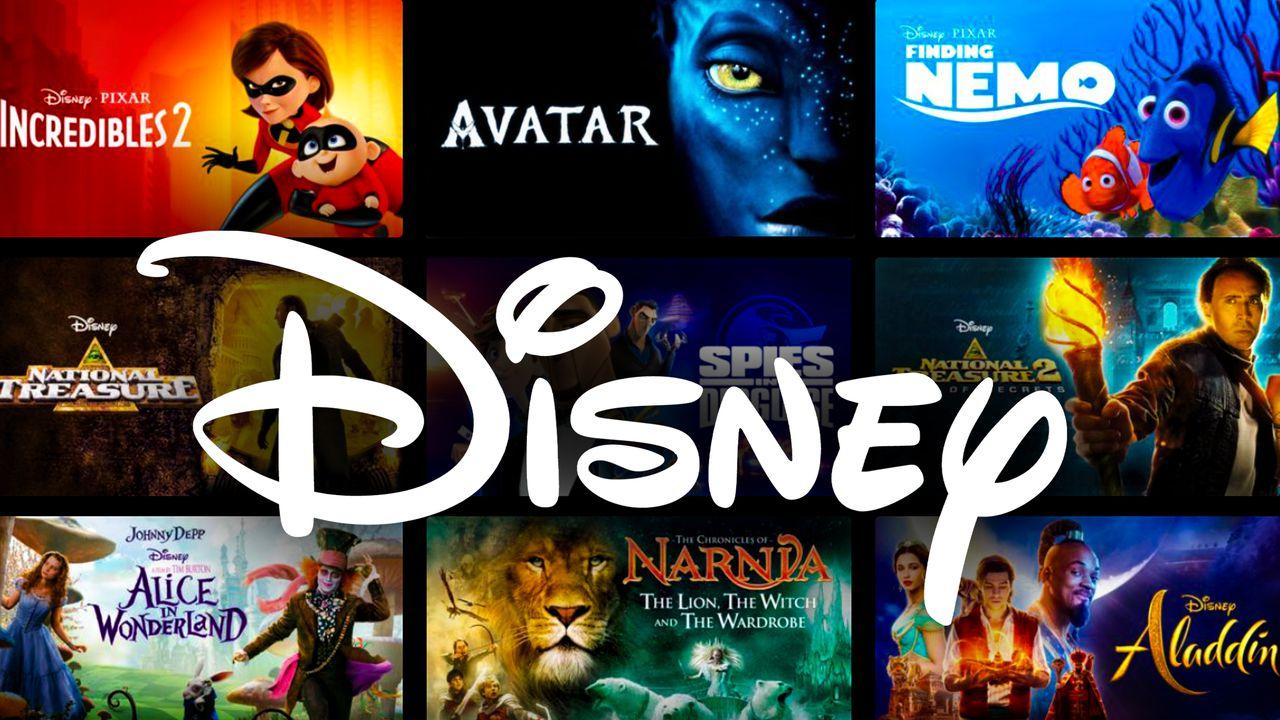Tube Ninja Insights
Your go-to source for the latest trends and tips in video content creation.
Cinematic Escapism: Why We Love Losing Ourselves in Movies
Discover the magic of cinematic escapism and uncover why we crave the thrill of losing ourselves in unforgettable movie worlds!
The Psychology of Cinematic Escapism: How Movies Help Us Cope
The concept of cinematic escapism refers to the psychological phenomenon where viewers immerse themselves in films as a temporary refuge from their daily stresses and challenges. Movies offer a unique narrative escape, allowing individuals to disconnect from their realities and experience lives far removed from their own. This immersion can serve as a powerful mechanism for coping with difficult emotions, as audiences project their feelings onto the characters and storylines. It creates a sense of empathy and connection that can be particularly comforting during stressful times.
Moreover, the psychology of escapism also suggests that engaging with films can foster emotional release and catharsis. As viewers witness characters navigate through conflict, triumph, and personal growth, they are often able to process their own struggles vicariously. This shared emotional journey can facilitate important reflections on their life experiences, leading to a greater understanding of personal challenges. In this way, movies can be seen not merely as entertainment but as essential tools for emotional healing and psychological resilience.

Top 10 Films That Perfectly Capture the Essence of Escapism
In today's fast-paced world, many seek solace in cinema, allowing themselves to be transported to new realms and experiences. The essence of escapism is beautifully captured in films that leap beyond the ordinary, drawing viewers into mesmerizing narratives. From the enchanted lands of fantasy epics to the thrilling adventures of sci-fi blockbusters, each film on our list showcases unique storytelling that invites audiences to momentarily leave their realities behind.
Here are our top 10 films that perfectly embody escapism:
- The Lord of the Rings Trilogy - A sprawling tale of friendship and bravery.
- Inception - A mind-bending journey through dreamscapes.
- Pirates of the Caribbean - High seas adventure with unforgettable characters.
- The Wizard of Oz - A timeless classic featuring a magical land.
- Avatar - A stunning visual experience set on an alien planet.
- Harry Potter Series - The enchanting world of witchcraft and wizardry.
- Interstellar - A breathtaking exploration of space and time.
- Spirited Away - A beautiful animated tale filled with wonder.
- Jurassic Park - The thrill of dinosaurs brought to life.
- Finding Nemo - An adventurous underwater journey filled with heart.
What Makes Us Lose Ourselves in Film: The Science Behind Movie Magic
What makes us lose ourselves in film is a fascinating blend of psychological and physiological factors that create a unique experience for viewers. When we watch a movie, our brain enters a state of heightened emotional engagement, primarily due to the narrative structure and character development. This complex interplay allows us to relate to the characters on a personal level, making it easier for us to suspend disbelief and immerse ourselves in the world unfolding on the screen. The use of visual effects, coupled with powerful soundtracks, further amplifies our emotional response, evoking feelings ranging from joy to sadness, excitement to fear, as we navigate through the film's journey.
Additionally, the concept of transportation theory plays a crucial role in why we become so captivated by films. According to this theory, the more a viewer is transported into a movie's narrative, the more likely they are to experience empathy for its characters and engage with the storyline. This phenomenon is not just a matter of entertainment; it taps into our psychological desire to escape reality and explore different perspectives. Whether it’s a heartwarming romance, an adrenaline-pumping action thrill ride, or a touching drama, films can help us connect with complex emotions that we may not encounter in our daily lives, ultimately allowing us to lose ourselves in the magic of cinema.